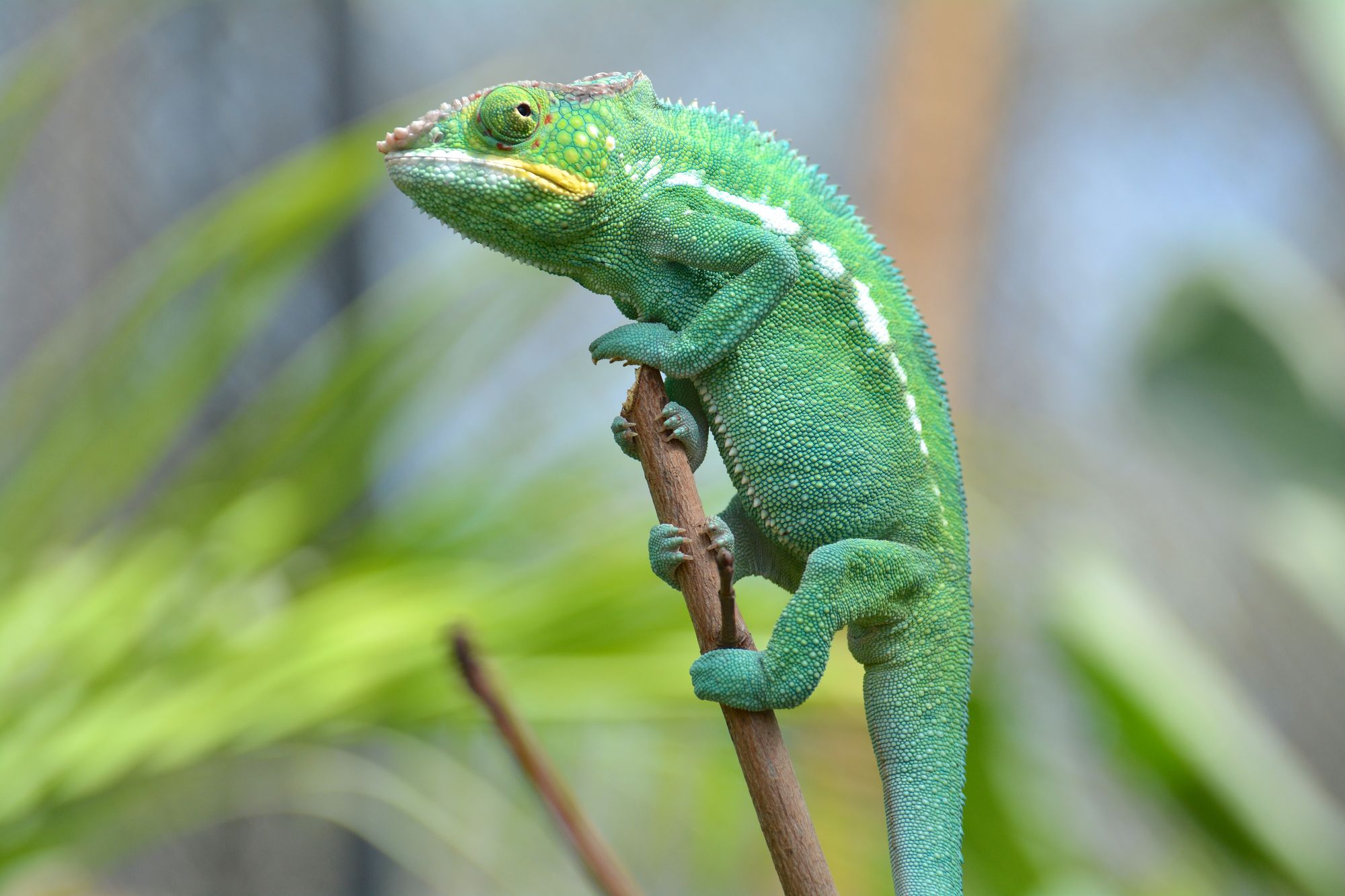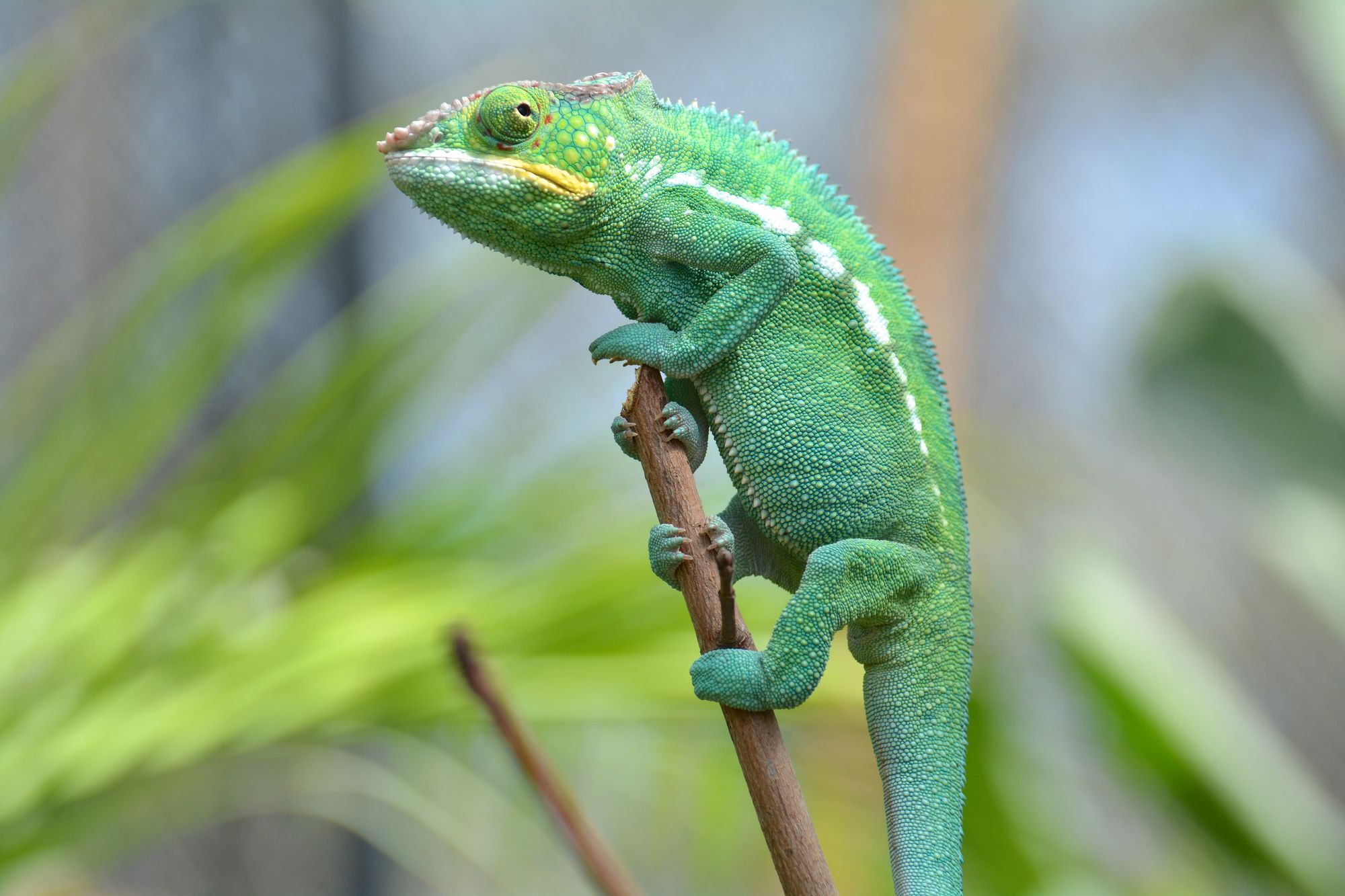That Old Anonymous Web
At least you might think that if you ever spent any time reading through the comments section of any online article, that has a decent readership. People harass one another, start arguments by nitpicking silly iota, and inevitably, someone brings up a comparison to Hitler.


People are jerks.
At least you might think that if you ever spent any time reading through the comments section of any online article, that has a decent readership. People harass one another, start arguments by nitpicking silly iota, and inevitably, someone brings up a comparison to Hitler.
I used to think folks were so crummy because of a sociological phenomenon wherein people act worse when they feel anonymous (http://www.apa.org/monitor/oct04/goodbad.aspx) as though no one is going to catch them. As researcher Philip G. Zimbardo states:
"You minimize social responsibility," he explained. "Nobody knows who you are, so therefore you are not individually liable. There's also a group effect when all of you are masked. It provides a fear in other people because they can't see you, and you lose your humanity."
I reasoned that, since people are fairly anonymous on the Internet - I mean, who uses their real name for chat forums - we all unleash some of our inner nasty.
And everyone used to talk about the web being an anonymous place, the Wild West. You can learn anything, do anything, be anybody. No one had to know what you were doing. It was amazing.
However, we no longer think of the web as anonymous. It is essentially the opposite: the web is a gigantic big-commerce tracking device. It is unstoppable, unrelenting, and everywhere. It knows where you are now, where you were yesterday, what you bought, what you wrote (or spoke!) to whom and even does a fair job predicting what you will want and say and where you will be tomorrow.
That's a tad unsettling. But we've digested it wholly because, hey, who doesn't want a supercomputer in their pocket that can recommend the best carnitas taco within 1.3 miles of my current location!
The web has indeed transformed from this incredible anonymous landscape into the all-knowing eye. That does not have to be wrong, I guess? But knowing people and nameless bureaucracy, it probably is.
Ongoing, the movement afoot is to opt-out of the web - not cut the cord but to use only non-traceable, encrypted devices and software packages. It is doable but difficult and cumbersome. And even that does not defeat the growing list of municipal 'real world' cameras tracking vehicle license plates and pedestrian traffic. Sure, there is this wild jacket (http://www.cnet.com/news/this-blazer-scarf-and-jacket-could-foil-photos/#). But what about a warm sunny day? Is there photo bomb lotion so we can go without the coat?
Not everyone cares about being tracked. But many will continue to stand firm in the effort against vastly well-funded resources - both private and federal - that bend towards knowing, hoarding, and tracking information.
All that data - about each of us on the granular and meta-levels.
So here we are, countless numbers of us without a plan or clue about who we are or what we want out of life. A little ironic.
The web is no longer wild and free. It is no longer anonymous, despite whatever efforts we deploy.
Oh, and you know, people writing about Hitler in the comment sections are still jerks. Now we know who they are in real life.
